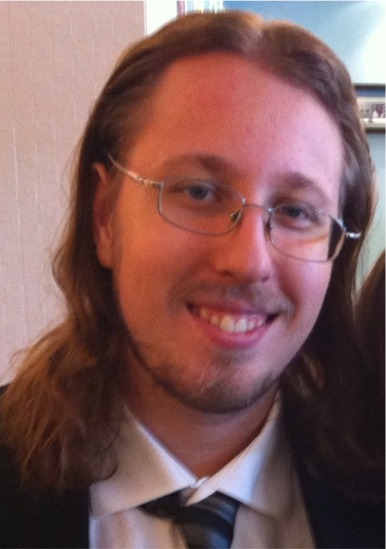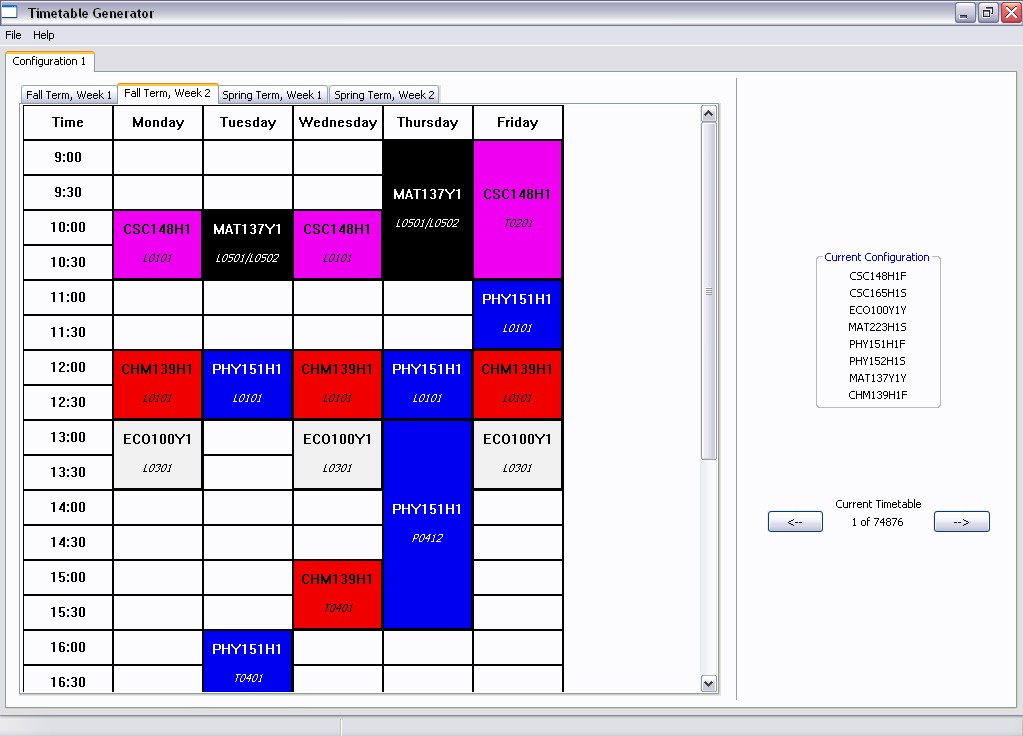C++, a systems programming language, and the language I use most often
Rust, a language that aims to be the next-generation systems programming language, and which I find really neat
Scheme, Haskell, and Prolog, three very different and very interesting programming languages
gcc and clang, the leading open-source C++ compilers
boost, a large collection of high-quality, cross-platform C++ libraries
wxWidgets, a robust cross-platform desktop GUI library for C++
Eclipse, my IDE of choice for C++ and Java
IntelliJ IDEA, another high-quality IDE, for Java and other languages including Rust
Visual Studio Code, a lightweight and versatile editor/IDE
Kate, a versatile text editor for Linux
JEdit, a text editor I've found useful for working with files too large (or with lines too long) for Kate to handle
vim, a command-line text editor, useful for when you have to edit files remotely (or if you're a dinosaur)
A good C++ langauge and standard library reference
Stack Overflow, an excellent place to get any programming question answered
(StackExchange, an excellent place to get many other kinds of questions answered)
Git and Mercurial (also called 'hg'), the leading version control systems
BitBucket, free Git and Mercurial repository hosting
GitLab, another site for free Git repository hosting






